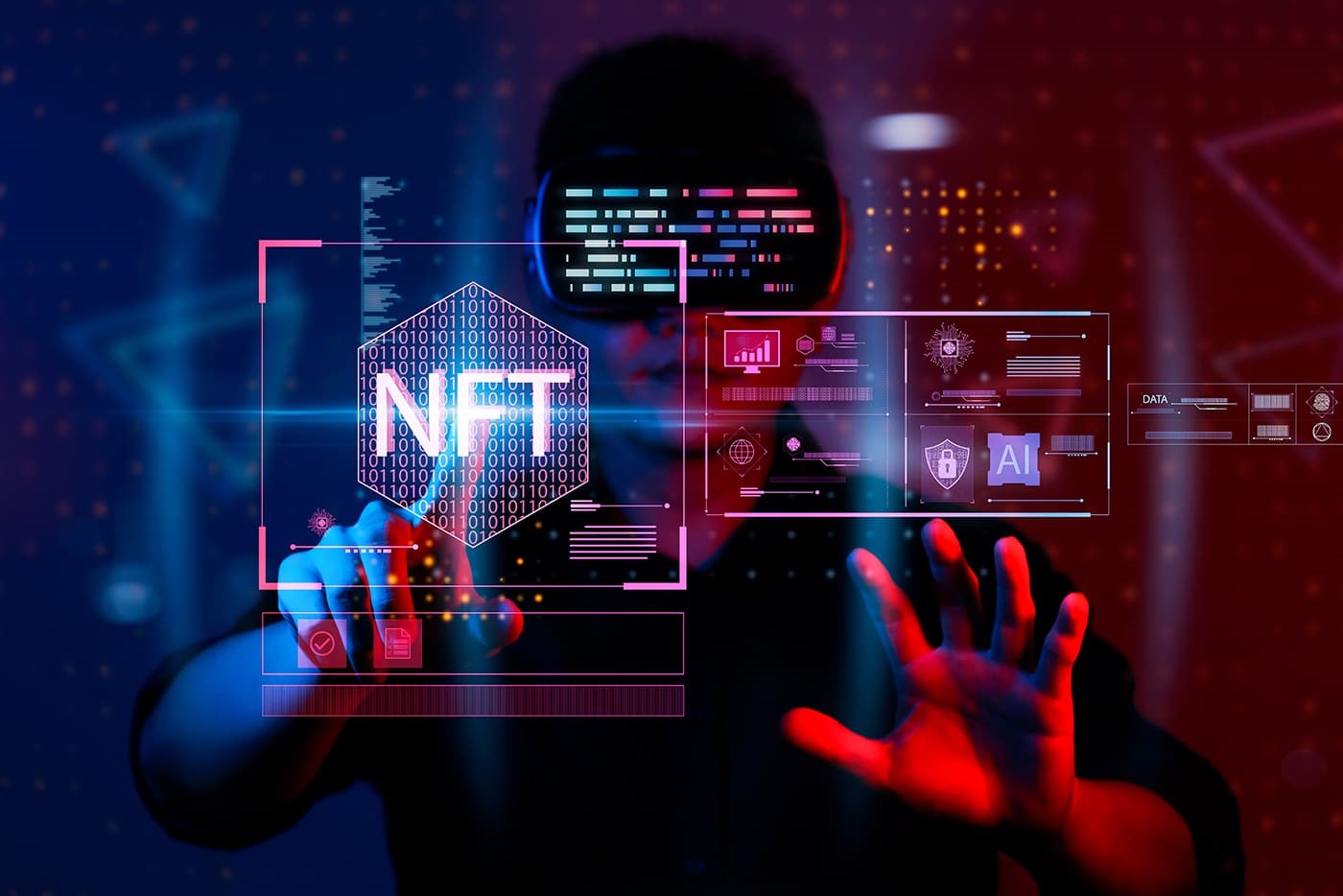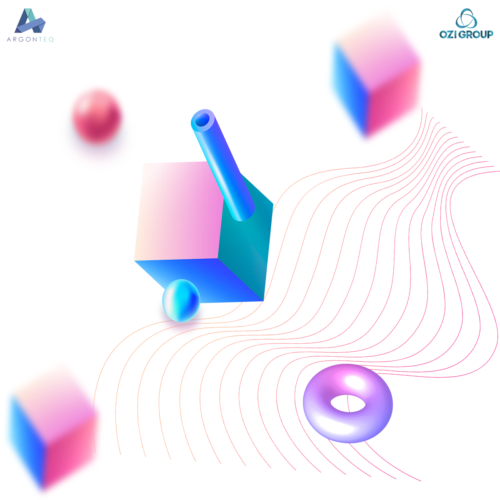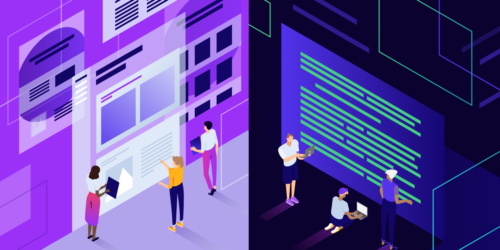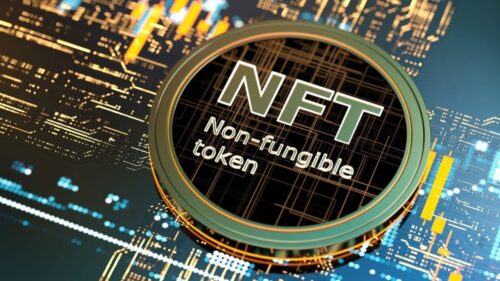In the digital age, Non-Fungible Tokens (NFTs) have emerged as a groundbreaking technology, reshaping the way we perceive and value digital assets. By leveraging blockchain technology, nft development enable creators to tokenize and sell unique digital items, artworks, and collectibles, revolutionizing the concept of ownership. In this blog post, we will explore the world of nft development in us, its impact on various industries, and the immense potential it holds for the future.
Understanding NFTs
Non-Fungible Tokens (NFTs) represent one-of-a-kind digital assets that cannot be replicated or exchanged on a one-to-one basis. Each nft development holds a distinct digital signature that verifies its authenticity, ownership, and history. This unique characteristic has unlocked new opportunities for creators, collectors, and investors in a variety of industries.
The Impact on Various Industries
Art and Collectibles: NFTs have ushered in a digital art revolution, providing artists with unprecedented opportunities to showcase and monetize their creations. By tokenizing their artwork, artists can prove ownership, establish scarcity, and receive royalties when their NFTs are bought or sold. This new paradigm allows for direct engagement with fans and eliminates the need for intermediaries, revolutionizing the art market.
Gaming and Virtual Worlds: NFTs have transformed the gaming industry by allowing players to own, trade, and monetize in-game assets. By tokenizing virtual items, characters, and properties, gamers have the opportunity to enhance their gaming experience and generate real-world value from their virtual investments. top nft development company are also driving the development of immersive virtual worlds where players can freely explore and interact with unique digital assets.
Music and Entertainment: NFTs have created new revenue streams for musicians, enabling them to tokenize albums, songs, concert tickets, and exclusive experiences. Artists can directly engage with their fanbase and offer unique perks to NFT holders, fostering a closer relationship and empowering fans to become part of the creative journey.
Licensing and Intellectual Property: NFTs provide a transparent and immutable record of ownership, revolutionizing how intellectual property is managed and licensed. Creators can tokenize their work, establish proof of authenticity, and track the history of ownership and rights. This not only protects their intellectual property but also streamlines the licensing process and ensures fair compensation for their creations.
The Process of NFT Development
Conceptualization: The initial step in nft and blockchain development is defining the digital asset to be tokenized. This can range from artwork, music, videos, virtual real estate, or any unique digital creation. The creator determines the parameters, rarity, and value proposition of the NFT.
Blockchain Selection: The next step involves selecting a suitable blockchain platform to build the NFT. Ethereum is currently the most popular choice, given its robust infrastructure and widespread adoption.
Smart Contract Development: NFTs are created using smart contracts, self-executing programs that govern the behavior and rules of the token. Developers write custom smart contracts that define the ownership, transferability, royalties, and other functionalities of the NFT.
Minting and Tokenization: Once the smart contract is developed, the NFT is minted by associating the unique digital asset with a token. Metadata, including the name, description, image, and additional attributes, is encoded into the token, providing important information about the NFT.
Deployment and Marketplace Integration: The final step is to deploy the NFT on the chosen blockchain and integrate it with NFT marketplaces or platforms.





